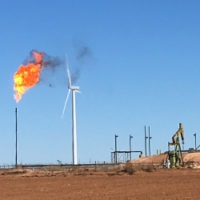
by Nicholas Pevzner & Stephanie Carlisle
Infrastructure is always political, and energy transitions have always been contested, pitting established players against upstart technologies and new coalitions. How can a radical reimagining of energy infrastructure create opportunities for an inclusive and participatory conversation about climate change and social justice? Who has the power to talk about infrastructure, and who gets left out?

by José Juan Terrasa-Soler and Daniela Lloveras-Marxuach
Profound changes in Puerto Rico’s energy landscape are happening right now, and local communities have never been so active in shaping their energy future.

by Arturo Massol-Deyá
When the power system failed after Hurricane Maria, Casa Pueblo's lights stayed on, thanks to our photovoltaic system. It served as an energy oasis for Adjuntas. But how it ended up there is the result of multiple fights against external extractive threats—against mining, and then against the centralized oil- and gas-powered energy regime.
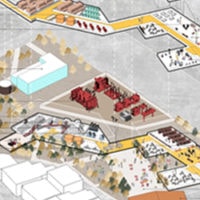
by Nicholas Pevzner
Hurricane Maria exposed and exacerbated long-standing structural weaknesses in Puerto. A landscape architecture studio set out to test the potential of community-based energy hubs as having a radical potential to reframe the spatial distribution of resources, community preparedness, and political control.
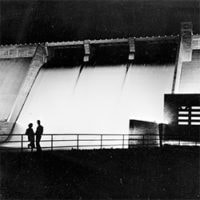
by Micah Rutenberg
In the 1930s, the Tennessee Valley Authority transformed an entire region through electrification. This piece explores how the TVA exercised power at multiple scales: the dam, the map and the electrical appliance.

by Kees Lokman
Decolonization is a complex and multifaceted process that involves examining and denouncing colonialism; recovering and adopting Indigenous knowledge, language and practices, and; undertaking scholarly projects that address the needs of Indigenous communities.

by Salvador Lindquist and Eric Minton
Scattered throughout Detroit are relics of the city’s industrial production, along with the old generators of power for that industry. Power Plant Power investigates Detroit through the lens of energy production, its subsequent decline, and new futures of alternative modes and dynamics of power.
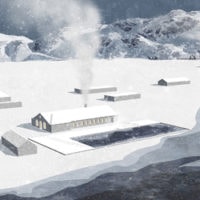
by Viktoria Khokhlova
The landscape of a country is always a playground for political events. So it is in the case of Russia, where over the past century, across a huge territory, almost all the landscape of the country has undergone significant changes as a consequence of evolving political and strategic interests.
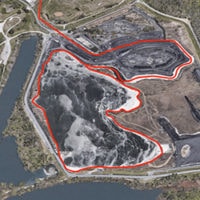
by Lauren Delbridge
Since the dawn of coal-fired power stations, a stream of waste has been continuously growing. Now is the time to take back the land these power stations have desecrated.
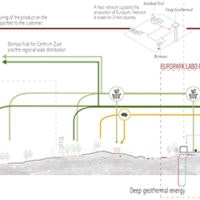
by Julie Marin, Charlotte Timmers and Bruno De Meulder
Energy and materials transition in Flanders will inevitably go hand in hand with transforming landscapes.
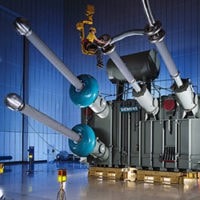
by James Temple
But are the country’s next-generation power lines a clean-power play or a global power move?
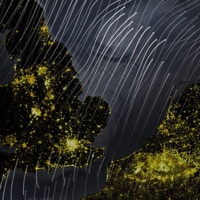
by Dirk Sijmons and Maarten Hajer
The North Sea, which has been so prominent in our history, will become a pivot in the deep decarbonization of our society, and a source of prosperity for all.
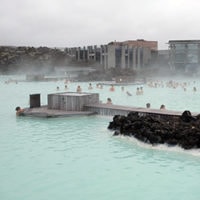
by Catherine De Almeida
Waste legibility can be an asset shared by active power generating operations, a novel ecological community, and recreational uses. At the Blue Lagoon, the formalization of a wasteland commons created instead a high-end, privatized spa that conceals the underlying landscape and its unique conditions.
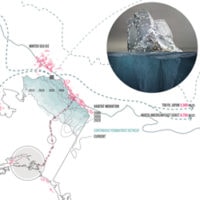
by Michael W. Smith
No territory in the United States exhibits a bigger tension between resource extraction and conservation of public lands than the North Slope of Alaska. This project is an exploration into uncertain trajectory of Alaska’s energy future through the manipulation of policy and infrastructure along the Trans-Alaska pipeline.
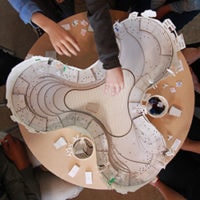
by Janette Kim
Games can unearth new sites of power and a recharged vision of inclusivity in the face of crisis. This essay presents a series of original board games designed to expose the political contestations embroiled in climate risk.















